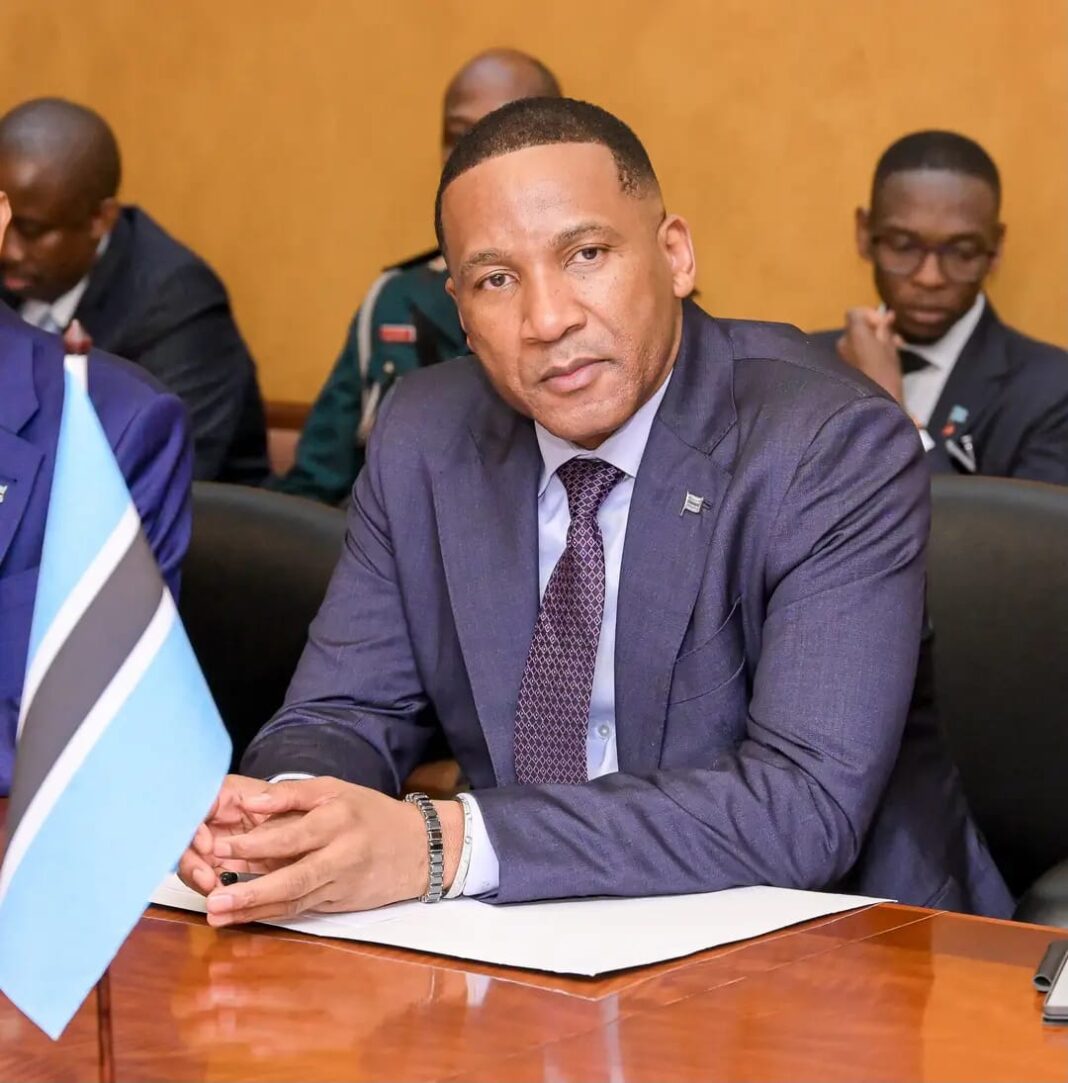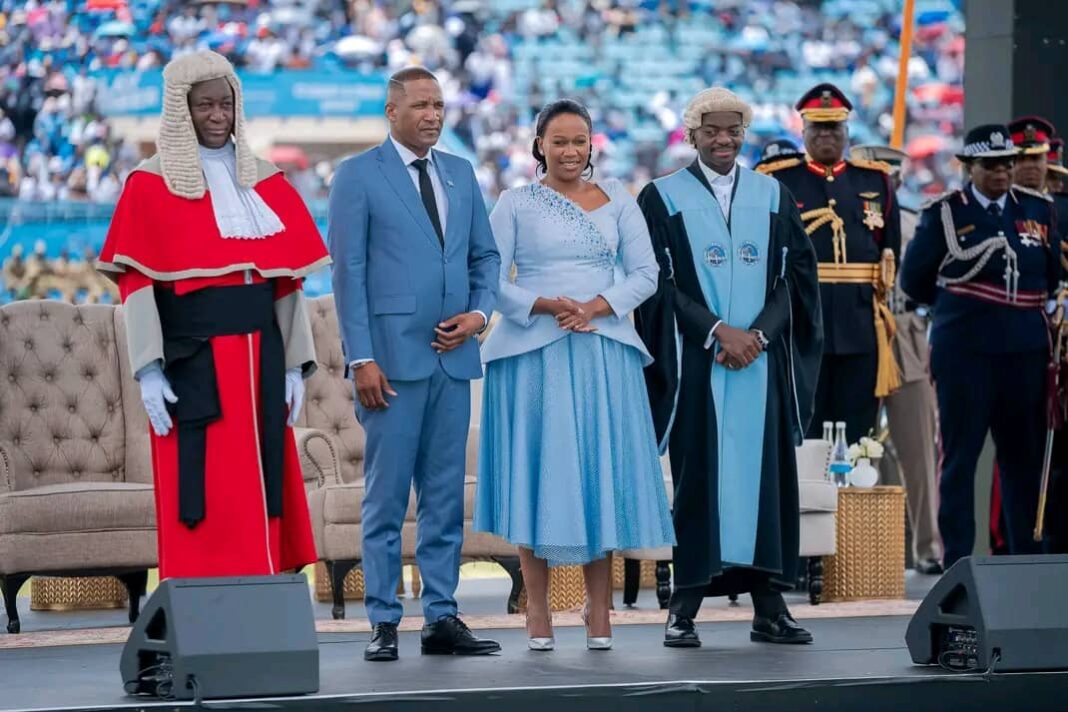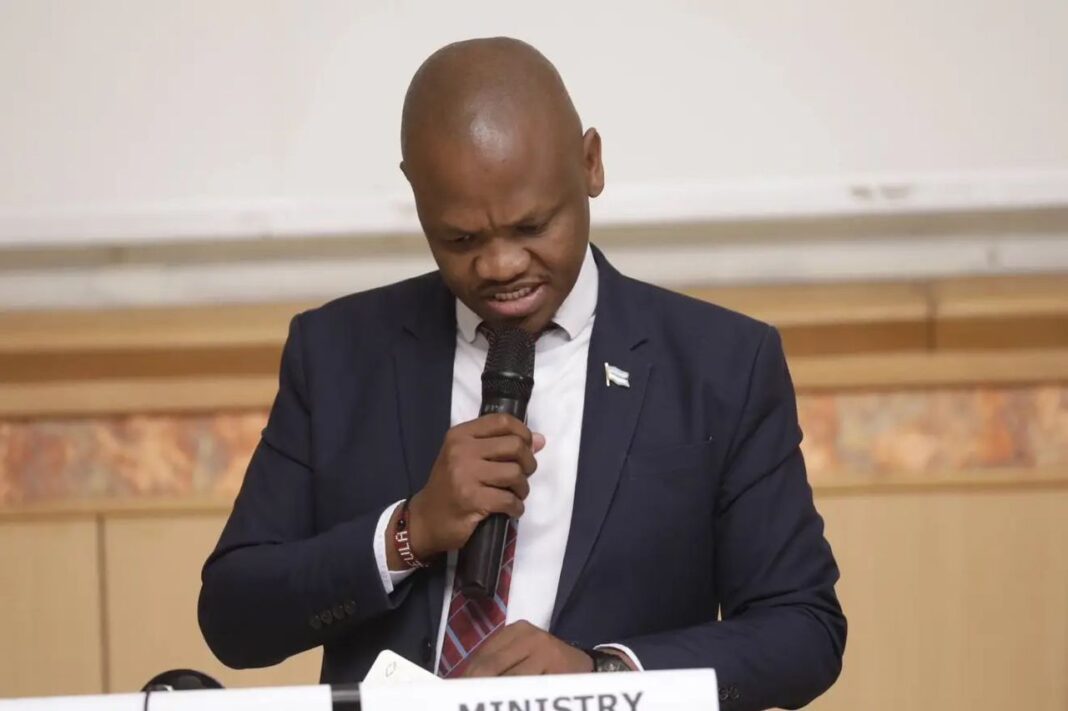The phrase “Rome wasn’t built in a day” serves as a timely reminder for the international business community and the citizens of Botswana as the nation embarks on an ambitious path of economic diversification and local empowerment under the Umbrella for Democratic Change (UDC) government. While a flurry of Memorandums of Understanding (MOUs) with international investors has signaled a seismic shift in the country’s economic strategy, the short-term wait for tangible results must be viewed through the lens of realistic project delivery timelines.
The Project Delivery Pipeline: Two to Three Years
The signing of high-value MOUs—including a recent over P160 billion deal with Qatar’s Al Mansour Holdings spanning sectors from energy to mining—are the vital blueprints for the new Botswana. However, history and industry standards dictate that translating these blueprints into operational, job-creating projects takes time. Large-scale infrastructure, mining developments, and complex Public-Private Partnerships (PPPs) typically follow a rigorous timeline:
Year 1: Foundation and Planning (Completed under the UDC’s first year) – This involves due diligence, scoping studies, securing financing, and finalising legal and environmental permits.
Years 2-3: Construction and Development – This is the critical phase of physical development, which often takes at least two to three years from initial agreement before significant, full-scale operations begin.
This normal delay should not be confused with a lack of progress. The groundwork is visibly underway, particularly in the mining sector, where several new companies have been issued licenses. These prospectors are already exploring for critical minerals like uranium, copper, and nickel, and have begun hiring a handful of local staff, establishing the initial footprint for future operations.
New Mining Policy: The Path to Beneficiation
A central pillar of the UDC government’s vision is the local beneficiation of minerals mined in Botswana. The new administration is determined to ensure the nation benefits not just from exporting raw materials, but from value-added processing within its borders.
The recent, mandatory 24% local ownership rule for all new mining concessions—which took effect on October 1, 2025—is a bold stroke of policy aimed at achieving this. This shift from the previous 15% optional government stake represents a qualitative change towards citizen economic empowerment. While international partners must now adjust their operating models, this transparent, legally-backed framework for local participation, coupled with requirements for in-country value-addition and environmental funds, is creating a more equitable and resilient industry.
Positive Outlook and International Scrutiny
The combination of aggressive economic diversification—away from traditional diamond dependency and into agriculture, tourism, and critical minerals—and a focus on citizen empowerment suggests that Botswana, though facing short-term economic headwinds like high unemployment, is poised for a significant uplift. The UDC government, having now completed one year in office, is focused on the next two to propel these foundational projects to fruition.
International business communities are indeed paying close attention. The smooth, democratic transition of power in 2024, coupled with a commitment to a transparent and stable legal system, affirms Botswana’s reputation as a secure investment destination. The anticipated economic boom is not an overnight fantasy, but a carefully engineered outcome scheduled for a two-to-three-year delivery window, following the signing of the initial MOUs.
Botswana is not being built in a day, but the foundations for a diversified and locally-empowered high-income economy are being cemented, brick by digital brick and mineral license by mineral license.



